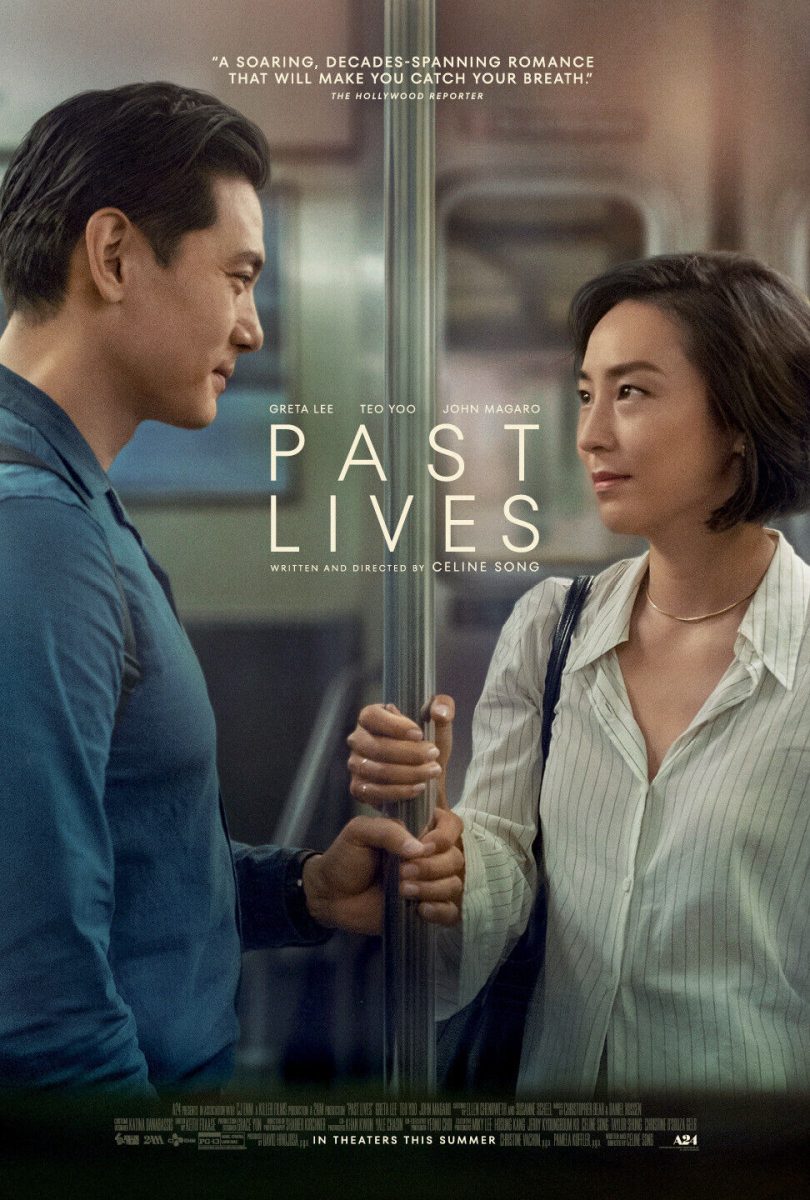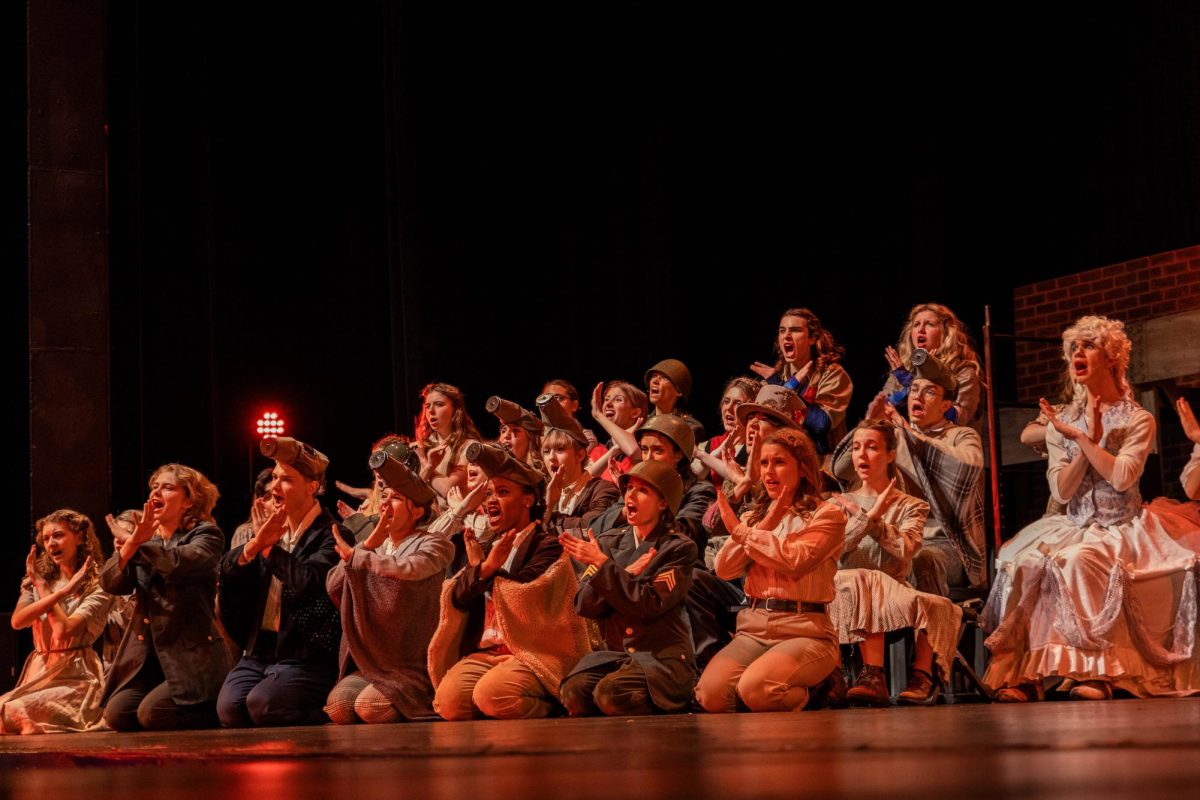“Past Lives” is director Celine Song’s debut film and critical darling to boot. It follows two Korean children, Na Young and Hae Sung, who fall in love, only to get separated when Na immigrates to Canada. The film gives the viewers snapshots of both of their lives every 12 years as they try to navigate their relationship, culminating in Hae Sung Flying to New York to see Na, who now goes by Nora, only to find that she has a husband. Currently, the project is nominated in two different Oscar categories, Best Picture and Best Original Screenplay, and how could it not be?
The story is adapted from Song’s own experiences as a Korean immigrant to Canada and as the broker of a meeting between her previous Korean lover and American husband. According to the A24 press notes, the opening scene was drawn from an actual memory, where Song had “the strangest sensation that she was piercing through alternate dimensions, fusing them as one in this bar.” This real-life experience brings a genuine touch, making it easier for audiences to connect with the characters.
Indeed, Hae Sung and Nora’s husband, Arthur, feel immensely relatable; Hae Sung for the way he navigates the fact that there is no space for him in Nora’s life anymore, and Arthur’s understanding that he will never know his wife the way Hae Sung does. In fact, Arthur asks Nora to run away with Hae Sung multiple times, as he believes she will be happier with him. The accompaniment helps capture this feeling of melancholy, with a series of yearning orchestral arrangements that exacerbate the feeling of heartbreak within the viewer.
In contrast to the other characters and the music, both of which directly enhance the story being told, Song’s self-insert falls somewhat flat. Between Greta Lee’s performance and lazy writing choices, the audience don’t get a chance to really know her. In an earlier flashback, when Nora and Hae Sung first reconnect, before she has even met her husband, the script wants us to feel the sparks flying. While this is certainly true for Hae Sung, Nora feels cold and lifeless. Shortly afterwards, she cuts him out of her life, saying she has spent too much time looking for ways to come visit him and not focusing on her work. This is supposedly heartbreaking for her, and although tears fall, it doesn’t seem genuine. After Hae Sung visits her in New York, Nora is confronted by Arthur, asking her if she is still in love with Hae Sung. Nora reassures Arthur that she isn’t and that she will stay in New York with him. This is similarly unconvincing, as we as viewers don’t get insight into Nora’s thoughts or true motivations. Nora serves as a plot device to get the two men to meet. While the film is a strong contender for Best Original Screenplay with two out of three compelling main characters and an absolutely devastating film score, the lackluster performance of Nora stops it from being a true challenge to the Best Picture category.













